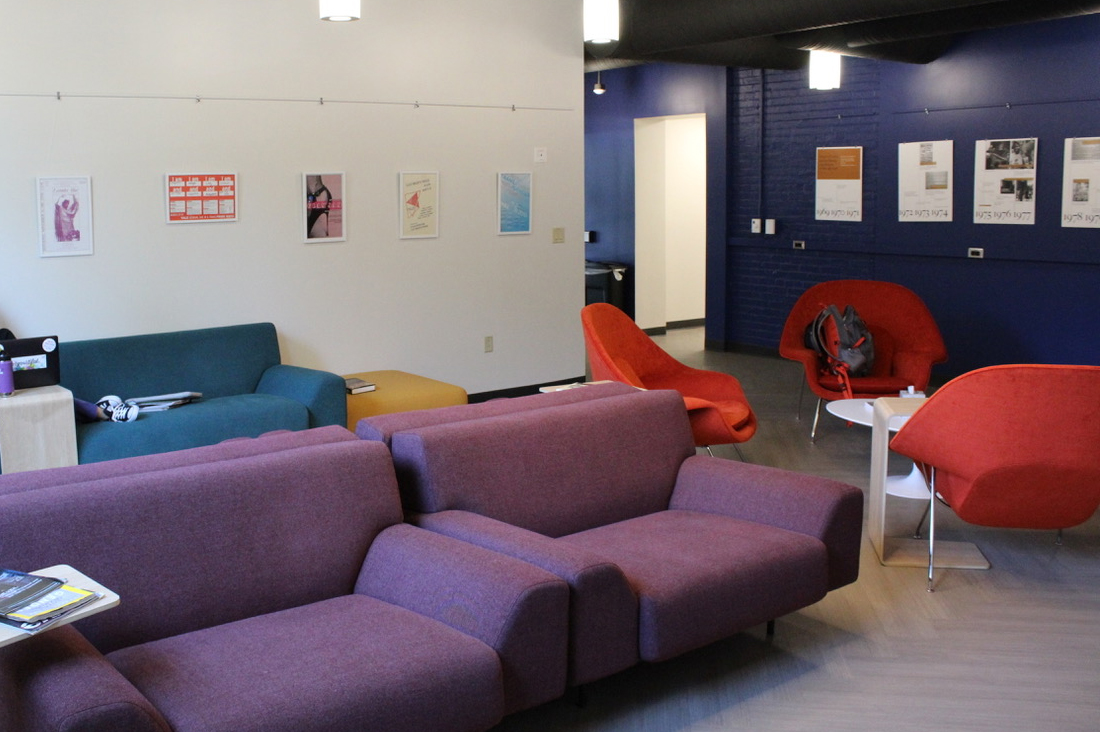
Administrators and activists in the Yale LGBTQ community held discussions dedicated to the personal and political empowerment of queer individuals at a conference on Monday, focusing on creating solidarity within the University and beyond.
Coordinated by the Office of LGBTQ Resources, the conference, titled “Queer Leadership Workshops,” discussed topics ranging from overall well-being and self-actualization to opportunities for social activism and inclusive event planning. Director of the Office Maria Trumpler said the workshops aimed to emulate the “Creating Change” conference hosted by the National LGBTQ Task Force — an annual conference on the LGBTQ social justice movement — and help students new to Yale understand how they can use their previous experience to promote equality in New Haven.
The conference attracted 30 attendees from Yale College and the graduate and professional schools.
“Though we’re supposed to be polite and cerebral when we’re discussing important issues, often we have to acknowledge the role of feelings in a conversation before we can find a solution,” Trumpler said when leading a dialogue on strategies for navigating difficult conversations.
Attendees role-played as participants and mediators in different LGBTQ-specific situations, such as two club members arguing over whether allies should be included in queer spaces and a student requesting a professor use their preferred pronouns.
In an interview with the News, Trumpler expressed enthusiasm at the idea of introducing similar workshops to the University community at large. All first-year counselors this year participated in the same workshop as part of their training, she added.
Seth Wallace, a project coordinator at the Yale Center for Emotional Intelligence and long-time LGBTQ activist, conducted a seminar on living the best life in a queer context. Since LGBTQ individuals experience unique and intersectional struggles, he explained, mainstream wellness education might not address their problems.
“As queer folks, our emotional expression gets policed, making learning how to recognize and understand our emotions even more important,” he said.
Wallace highlighted how emotional intelligence can improve not only personal health but also efforts toward policy advocacy. Noting that “you can’t be an activist if you can’t get out of bed in the morning,” he said the current political climate is taking an emotional toll on queer communities.
On a personal level, Wallace related his own experiences as a trans man and discussed the strategies he developed to live a more balanced life. Because we all develop biases from our histories, we can be blinded by our own emotional lens, he said.
Tim Gaura DIV ’19 said he joined the conference to connect and build relationships with peers in Yale’s LGBTQ community. He added that such events can provide personal affirmation and professional networks, both of which he felt he achieved.
Anwesha Bhattacharya GRD ’18 said that coming from India where such topics often go unaddressed, the workshop series was a welcome introduction to activism in the U.S.
The Office of LGBTQ Resources is located at 135 Prospect Street.
Will Wang | will.wang@yale.edu







